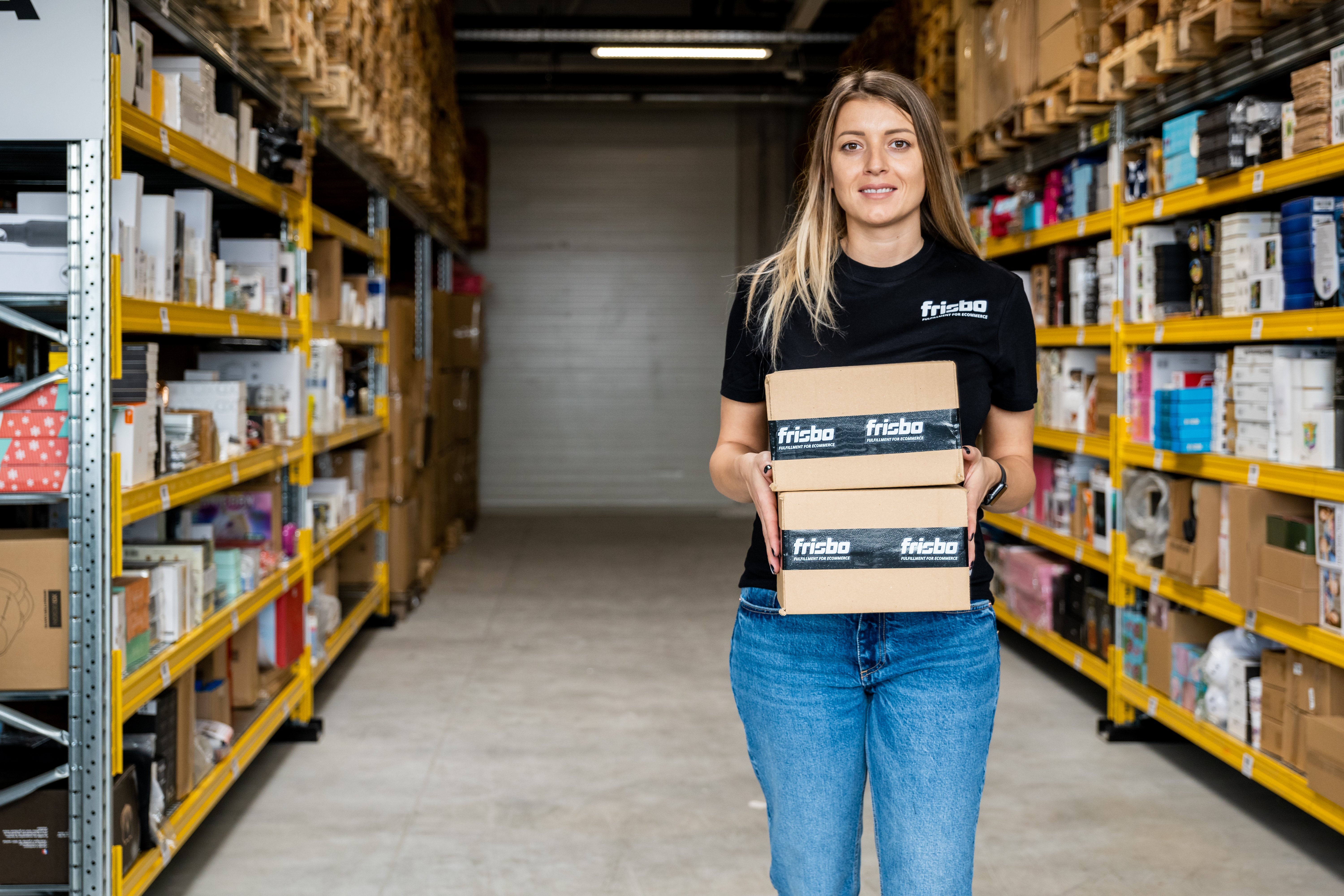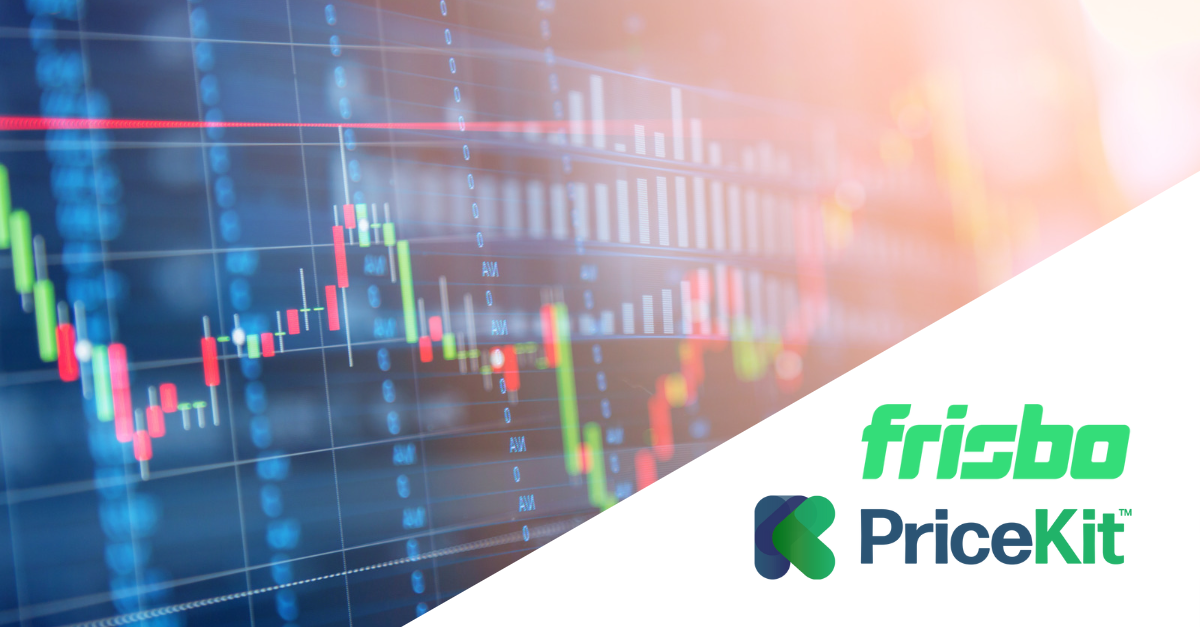Although distribution centers and fulfillment centers play a similar role in the supply chain, there are some significant differences between them. In this article, we are going to take a look at these differences and compare distribution centers vs. fulfillment centers. This way, you will be able to decide which one is necessary for your e-commerce or retail business.
First off, let’s talk about distribution centers. They play a vital role in every cross-border supply chain.
What are distribution centers?
The primary role of a distribution center is to serve as a transit hub for products within the supply chain. In many instances, the mode of transportation changes within distribution centers. Let’s use a straightforward example. You operate in the United States, and you get products from China. Initially, products you order are transported by sea to the distribution center located in one of the coastal towns in the US. There, your products are unloaded and shipped directly to your location (your headquarters or warehouse) by road.
It’s true, in some cases, distribution centers can also operate as warehouses. The majority of distribution centers have loading docks, an extensive storage area, and a shipping section, but their primary role is to facilitate transit and move inventory (not store it) in an effective manner. Moreover, usually, distribution centers don’t ship products directly to end customers. It’s a role of a fulfillment center.
What are fulfillment centers?
When we talk about fulfillment, the concept is a bit different. Fulfillment centers, frequently referred to as logistics centers, help retail and e-commerce companies store goods and ship them directly to customers. Simply put, you can think of fulfillment centers as advanced warehouses with a much broader scope of services. They are far more customer-centric and frequently deal with returns and complaints as well. Many fulfillment centers offer cross-border shipping, allowing their clients to conquer foreign markets without additional money investments.
If you run an online store and you don’t want to rent a warehouse (or even deal with logistics on your own), you can decide to work with an external fulfillment center and outsource all the logistics processes to them. In this scenario, the fulfillment center (owned by a third-party logistics company) is responsible for:
- Receiving products from your distributors and wholesalers
- Storing them in a designated storage area
- Picking and packing products as orders flow (this includes securing parcels, printing bills of landing, etc.)
- Shipping parcels directly to your customers, both domestically and abroad (fulfillment centers work directly with both local and international couriers and other carriers responsible for so-called last-mile delivery)
If you manage a cross-border supply chain, the products are first sent to a distribution center and then to your warehouse or fulfillment center.
Distribution centers vs. fulfillment centers: Which one should you choose?
There is no simple answer to this question. And it’s true; cross-border supply chains typically have both distribution and fulfillment centers. However, it all depends on many factors, including:
- Your business model
- The complexity of your supply chain
- Your products’ turnaround time
- Your budget
Generally speaking, if you operate in the e-commerce sector and you want to save time and money, go for a fulfillment center. This way, you can simplify and shorten the supply chain and quickly ship products to customers. Your vendors and send products directly to your fulfillment company. On the other hand, if you run a mature retail company with a whole network of brick-and-mortar stores, distribution centers seem like a necessity. Analyze your situation thoroughly, compare all the pros and cons of both solutions, and make an informed decision.





